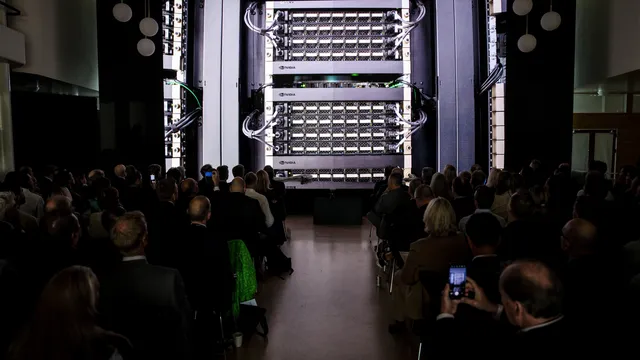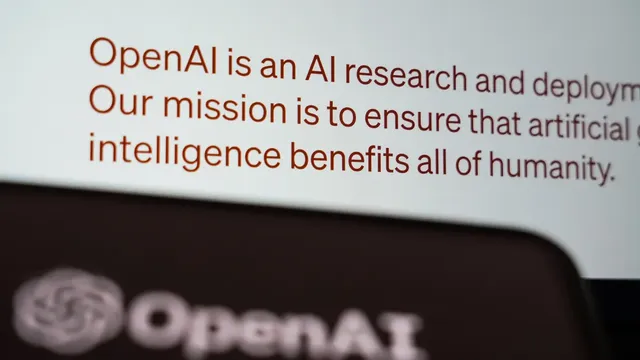Near Bologna, at the foot of the Apennines, one of the most powerful supercomputers in Italy and Europe is operating. Known as "Leonardo", this high-performance machine boasts an impressive capacity, performing up to one billion calculations per second.
Even further north, less than 320 km from the Arctic Circle, in Finland is LUMI, another of Europe's fastest supercomputers. Greece will soon join this elite league with the launch of its own high-performance computing system, Daedalus, which will strengthen the country's presence on the European digital map, "Kathimerini" reported.
The Greek Ministry of Digital Government and HP Hellas will sign a contract that will officially launch the project. HP Hellas was awarded the contract to develop Daedalus after winning an international competition held by the National Infrastructure for Research and Technology (GRNET). The project has a total budget of €41 million.
Greece is one of seven countries selected by the European Commission - along with Finland, Germany, Sweden, Italy, Spain and Luxembourg - to host dedicated research facilities for artificial intelligence. These seven so-called artificial intelligence factories aim to accelerate the advancement of technology in key sectors such as industry, finance, energy, healthcare and climate science.
Greece's artificial intelligence factory, called Pharos, will be powered by Daedalus and will be developed in the Lavrion Technology and Cultural Park, east of Athens, with a budget of €30 million. Implementation of the project will start immediately, with the supercomputer expected to be fully operational by 2026. Daedalus will be able to perform billions of mathematical calculations per second, providing computing power equal to that of a million conventional computers running simultaneously.
The Greek supercomputer will provide state-of-the-art computing capabilities to a wide range of Greek and European users, including researchers, academia, industry and public sector organisations. Together, the seven AI research centres are expected to more than double the EU's data processing capacity by 2026. | BGNES

 Breaking news
Breaking news
 Europe
Europe
 Bulgaria
Bulgaria







